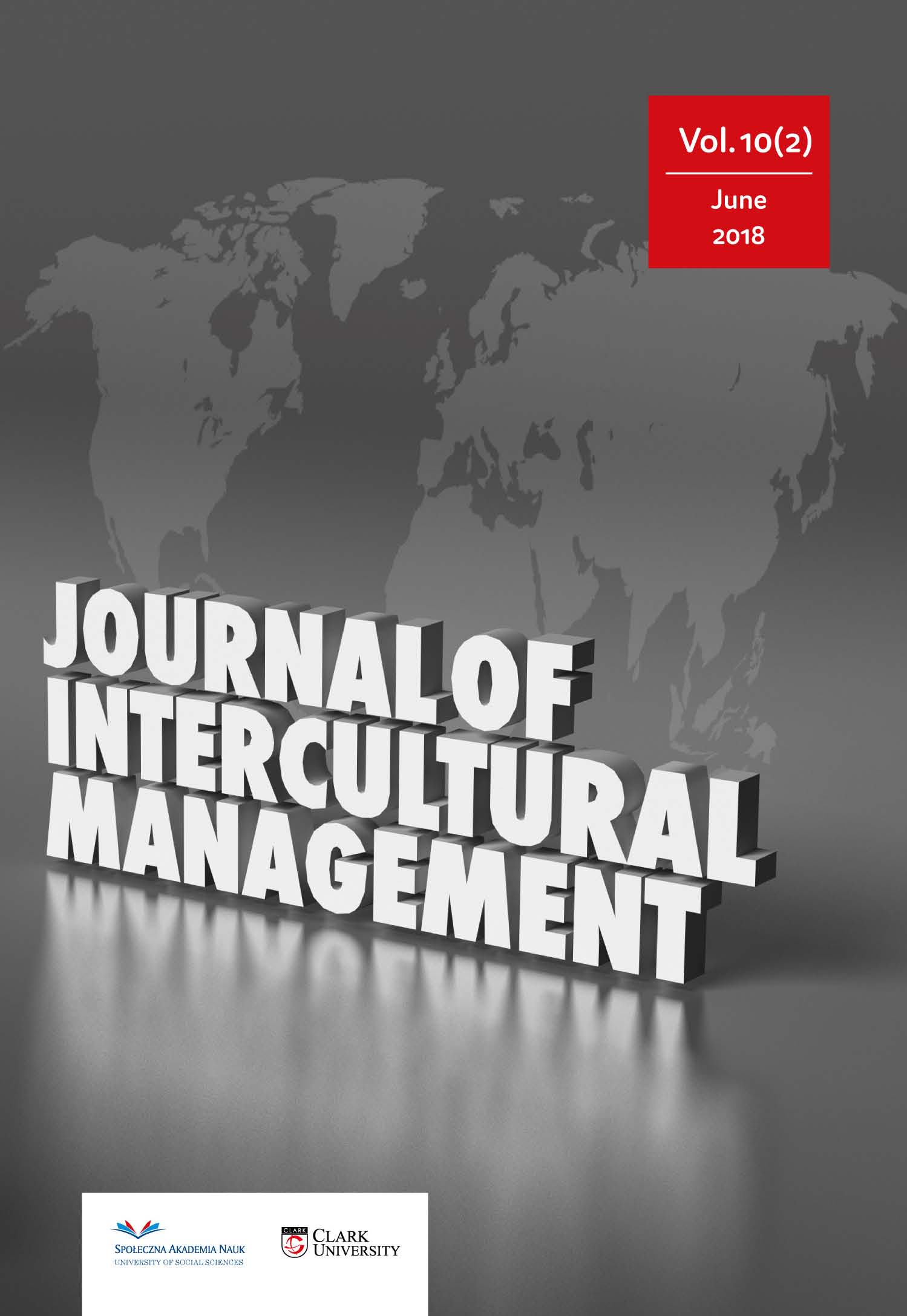Competition vs. Searching as a Mechanism of the Rector’s Selection in Higher Education Institutions in Poland
Competition vs. Searching as a Mechanism of the Rector’s Selection in Higher Education Institutions in Poland
Author(s): Iryna Degtyarova, Jerzy WoźnickiSubject(s): Politics, Sociology
Published by: Społeczna Akademia Nauk
Keywords: rector; higher education; governance, autonomy; searching; competition; nomination
Summary/Abstract: Objective: This paper aims at looking at the mechanisms of rector’s appointment in public higher education institutions in Poland based on the analysis of the legislation binding since2005 with reference to the latest changes. Methodology: Legislative analysis of the past and current regulations on the models of rector’selection was conducted, including mechanisms of nominating candidates in the Act on Higher education 2005, its amendments in 2011 and the Act on Higher education and Science in 2018. Literature review and empirical analysis of good practices were used. Findings: The issue of strengthening a rector’s position and professionalizing university management in the system of higher education is very important and being widely discussed in terms of governance reforms. Changes, new regulations, reforms depend on how they are implemented on the institutional level in terms of their strategical development and how the yare supported and promoted by the executive head. The model of nominating and appointing the rector determines his relationship with the university board, senate and with academic community as well. In public higher education institutions in Poland the competition model is more burdensome than the model of election, it has numerous disadvantages and threats, and wasn’t applied by any university. New regulations in Poland make the process of nomination more important than before. In general, there are two main models of nominating candidates: an open procedure (open competition) and a closed one (e.g. searching, headhunting for senior executive staff in HR, in business sphere), each has their own strengths and weaknesses. In case of HEIs, both respect the principles of institutional autonomy, guaranteed to universities by the Polish Constitution and the law. It is an autonomous right of the academic community, of the university itself to define their own framework and nomination procedure. The model of executive search in nominating candidates can become more feasible and effective for professionalizing andimprovement of the rector’s governance. Value Added: The model of rector’s appointment has a significant impact on the whole university performance. By professionalizing appointment mechanisms at all its stages, universities will improve university governance and introduce new quality of management. Recommendations: New regulations in higher education create possibilities for introducing into the academic practice the executive search as a mechanism for nominating candidates for a rector’s position in Polish universities.
Journal: Journal of Intercultural Management
- Issue Year: 10/2018
- Issue No: 2
- Page Range: 19-39
- Page Count: 21
- Language: English

